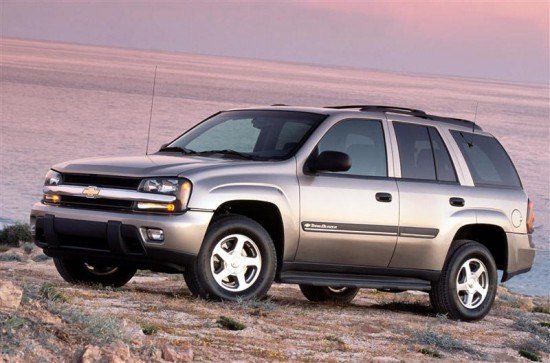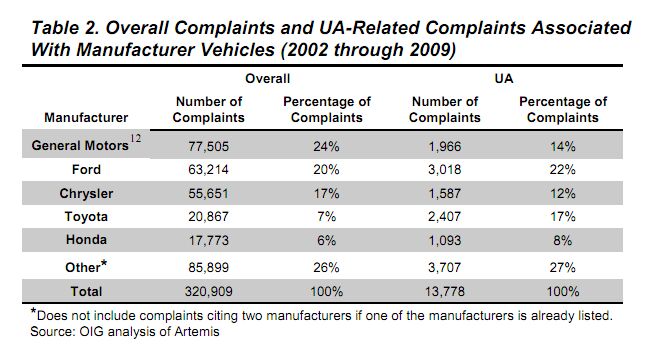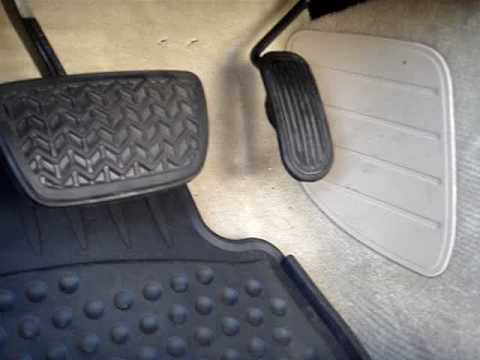#DefectInvestigation
GM Corporate Culture Silenced Whistleblower Over Fuel-Leak Recall
To say General Motors has a failure to communicate among itself and with the outside is an understatement that grows with each passing day, especially in light of how it treated a whistleblower in 2003 over its handling of a recall regarding fuel leaks in the automaker’s line of compact SUVs.
NHTSA Asked To Investigate Impala Airbags, GM May Compensate Recall Victims
Bloomberg reports the Center for Auto Safety, citing a government petition from former General Motors researcher Donald Friedman, is asking the National Highway Traffic Safety Administration to open a defect investigation into 2003 – 2010 Chevrolet Impalas over a glitch in the car’s software that could “misread a passenger’s weight,” preventing frontal airbags from deploying. The agency has 143 records of fatalities linked to failed airbags in the Impala, 98 of which noted the occupants were wearing seat belts at time of death.
The request reflects growing concern over the algorithms used in advanced airbags, designed to meet strengthened U.S. regulations in 2003 after previous airbags were found in 300 cases to prove fatal to small adults and children due to excessive force upon deployment, and where improvements could be made.
Inspector General: NHTSA Needs To Rethink Defect Investigation
Remember the uproar over Unintended Acceleration in Toyotas? After more than a year of investigation, NHTSA has yet to find a definitive cause for the furor… although the experience was not an entire waste. In fact, the most interesting result of the entire situation was that it cast light on NHTSA’s inefficacy as much as it did embarrass Toyota’s quality control. And to help clarify what exactly the lessons of the Toyota flap were, the DOT’s Inspector General has released a report detailing its criticisms of the federal safety regulators. According to the report [ PDF], NHTSA’s Office of Defect Investigation (ODI) has not
- Adequately tracked or documented pre-investigation activities.
- Established a systematic process for determining when to involve third-party or Vehicle Research and Test Center (VRTC) assistance
- Followed timeliness goals for completing investigations or fully implemented its redaction policy to ensure consumers’ privacy. [Ed: gee, you think?]
- Established a complete and transparent record system with documented support for decisions that significantly affect its investigations.
- Developed a formal training program to ensure staff has the necessary skills and expertise.
Toyota: Unintended Acceleration or Sticky Floor Mats?
A year ago, TTAC published a story about out-of-control Toyota Tacomas. Since then, reports continue to surface of “unintended acceleration” events in Lexus ES and IS and Toyota Camry and Camry Solara vehicles. Toyota insists that all-weather floor mats are causing the problem; the accelerator becomes stuck under the rubber. Autocoverup.com alleges, well, you know. “This is a known problem with over 432 complaints,” the site’s author insists. According to NHTSA’s Defect Investigation’s database, reports of unintended acceleration in Lexus ES models first surfaced around 2004 and continued until late 2008. One report (ODI-NHTSA Complaint Number 10252860) describes the problem:



















Recent Comments